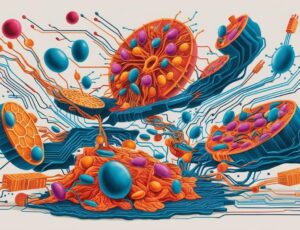Restricted Linguistic Systems as Windows on Language Genesis
Year Group 2005/06
The overall aim of the group was to gather evidence to improve the current understanding of what is involved in language genesis. To achieve this aim, the group adopted the Windows Approach which is based on the central idea that the process of language evolution, about which there is no direct evidence, can be studied by examining other related phenomena, about which there is direct evidence. The group studied a number of restricted linguistic systems to find indirect evidence that could be related to language genesis in general and language evolution in particular. These systems included pidgin languages, homesigns and other sign language systems, the linguistic systems acquired naturally by adult second language learners, and early non-grammaticalized language.
The group engaged in a number of activities including: Weekly meetings to discuss work and to clarify fundamental conceptual issues common to member’s work. Discussions with fifteen invited speakers asked to talk about on pertinent topics. Three workshops, attended by outside scholars – both Dutch and non-Dutch. Preparations for a major international conference to conclude the group’s work entitled ‘The Cradle of Language Conference’, which will be held from 7 to 10 November 2006 in Stellenbosch, South Africa.
The significance of the group’s work will be judged by peers on the basis of future publications which, we estimate should include five books. At this stage, it is already clear that the group’s work has stimulated serious interest in language evolution among linguists and other scholars in the Netherlands. And it is also clear that, in pursuing shared concerns, the group members have contributed substantially to understanding the potential and the limitations of a Windows Approach to language genesis.
Themegroup participants
-
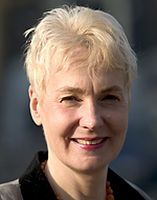
-
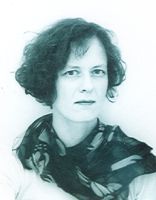
Benazzo, S.
Year Group 2005/06 -
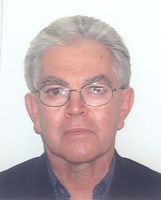
Botha, R.P.
Year Group 2005/06 -
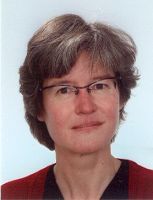
Bruyn, A.
Year Group 2005/06 -

Heine, B.
Year Group 2005/06 -
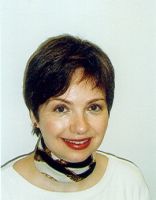
Kuteva, T.
Year Group 2005/06 -

Muysken, P.C.
Year Group 2005/06 -
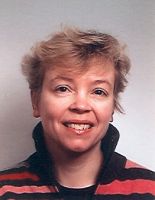
Swart, H.E. de
Year Group 2005/06 -
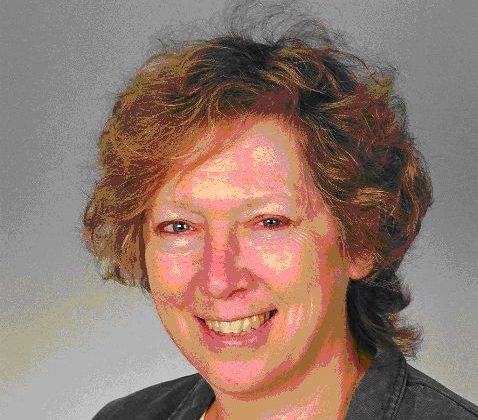
Woll, B.
Year Group 2005/06

